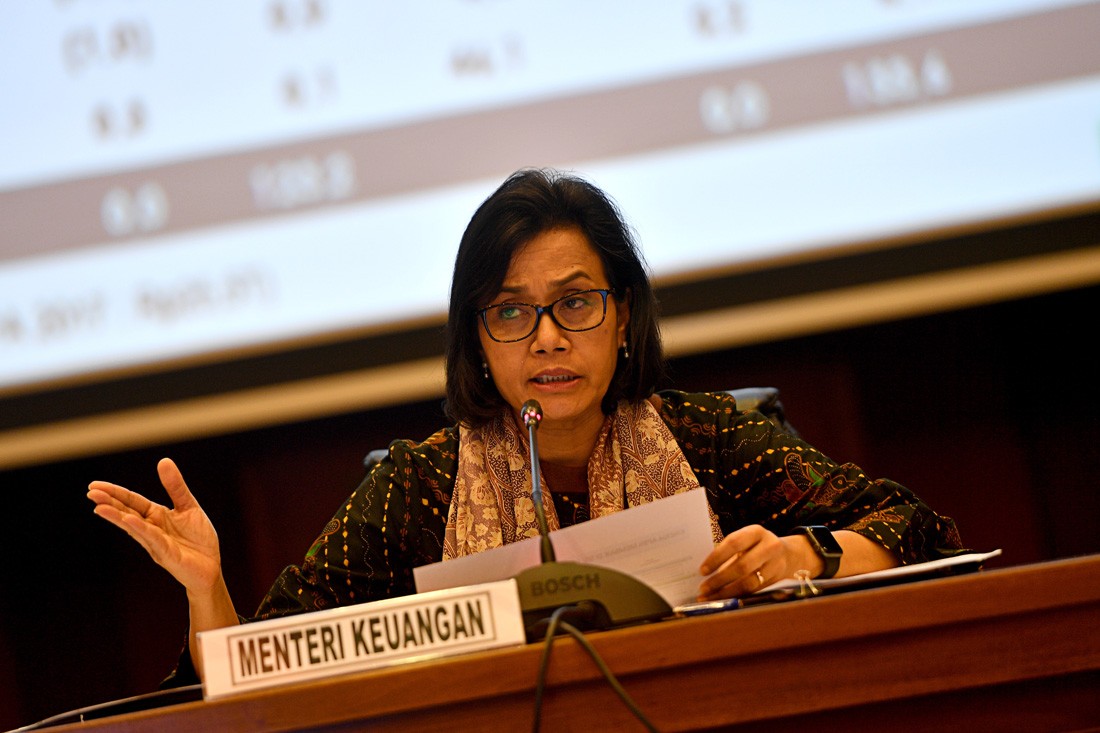Popular Reads
Top Results
Can't find what you're looking for?
View all search resultsPopular Reads
Top Results
Can't find what you're looking for?
View all search resultsNew law on non-tax receipts
PNBP accounts for more than 15 percent of total state revenue.
Change text size
Gift Premium Articles
to Anyone
T
he new law on non-tax receipts the House of Representatives approved last week to replace the 1997 law will not significantly strengthen the government’s capacity to increase its revenue. Nor will the new legislation change the composition of receipts, because it does not authorize new sources of revenue.
But the new law will strengthen the legal foundation for the collection of non-tax revenue (locally known under the acronym PNBP), because several types of PNBP under the old law were based only on ministerial decrees. The PNBP collection also will be strengthened, because the new law doubles the fines and triples the prison sentences for not paying or evading PNBP.
Stronger law enforcement to support vigorous collection of PNBP is indeed necessary, because PNBP accounts for more than 15 percent of total state revenue.
The new legislation also authorizes ministers to set the PNBP rates, which under the old law had to be set by the president through a specific government regulation.
This will not, however, allow ministers to arbitrarily set PNBP rates in the various sectors, because the criteria for setting rates are still determined by the president.
The decentralization of authority is meant only to make it easier for the adjustment of PNBP rates in particular sectors whenever economic conditions or other circumstances warrant such adjustment.
Since the new law does not introduce any new sources of PNBP, revenue will continue to depend mainly on royalties on oil and gas (41 percent), other minerals (8 percent), fees for public services, fees for the issuance of permits, visas, passports (13 percent) and dividends from state-owned companies (13 percent). The remaining 25 percent is derived from fines in law enforcement, rents, state asset sales and other fees.
No wonder PNBP, like tax receipts, also tend to fluctuate according to economic growth, especially commodity prices. Last year, for example, PNBP income increased by 18 percent to Rp 311 trillion (US$21.44 billion) thanks to a significant rise in oil and coal prices.
This trend will likely continue this year given the steady rise in the prices of oil and gas and other minerals, even though dividend payouts from state-owned companies may slightly decrease.
Dividends from Pertamina may fall sharply, because the earnings of this oil and gas company will certainly decline because of its public-service obligation to bear a good portion of the steep increase in fuel subsidies. The government has decided not to raise the prices of regulated (subsidized) low-octane gasoline and automotive diesel despite the steady increase in international oil prices and the depreciation of the rupiah in a bid to curb inflationary pressure.
The new legislation also is good news for the general public in that it allows for the exemption (zero percent rate) of public service fees for social and religious purposes as well as for micro and small-scale enterprises.










